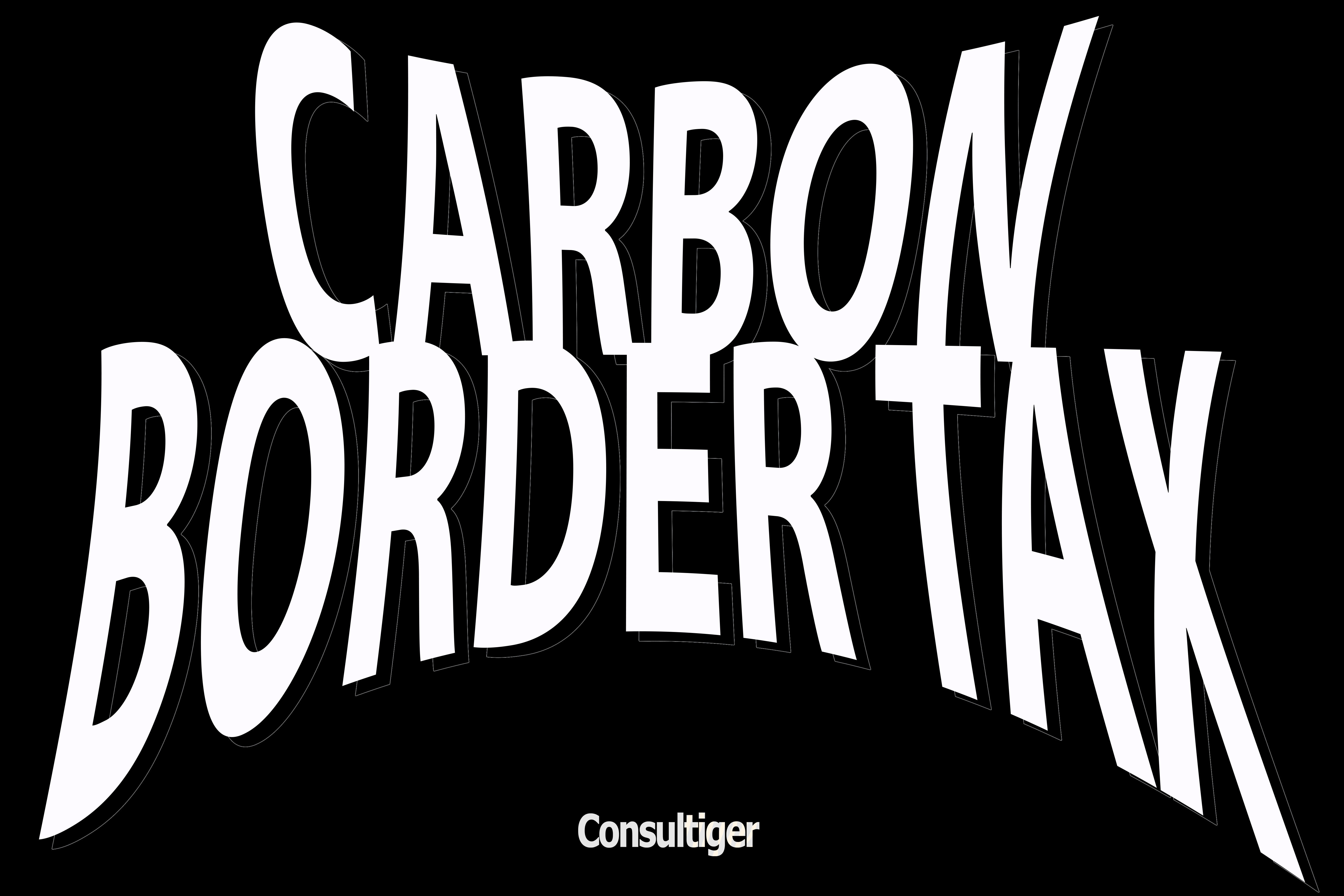The carbon border adjustment mechanism (CBAM) is a proposed tax by the EU on imports to ensure that the exporting countries do their bit to tackle climate change.
Based on the carbon emission levels of the product being imported, CBAM would impose a tax when it enters the EU market The proposed tax is meant to counter the issue of carbon leakage – this situation arises when a manufacturing unit based in the EU moves its factory to a non-EU country with relaxed rules/penalties of carbon emissions.
To start with, the proposed tax will be imposed on industries such as iron and steel, cement, fertilizers, aluminum, industries that are guilty of maximum carbon emissions. Of couse, more industries would be brought into the tax ambit over a period of time. Concessions in the form of either full or partial tax waiver would be given to products imported from countries that have a domestic carbon tax policy in place. EU would require the importers to report the carbon emissions of the product being imported by 2023. The tax will be imposed from 2026.
Countries as well companies have started to react to the proposed tax laws. Some countries such as Indonesia and Turkey are bringing in necessary legislations for carbon tax implementation so that the revenues out of tax remain within the country instead of allowing the tax revenues to slip to the importing EU country. Likewise, some companies are relocating their factories back to EU to avoid the tax and more importantly to eliminate any operational issues due to complex additional paperwork.
Developing countries would only hope that the CBAM initiative doesnot see a flight of manufacturing companies to EU countries and leading to job and economic losses.












